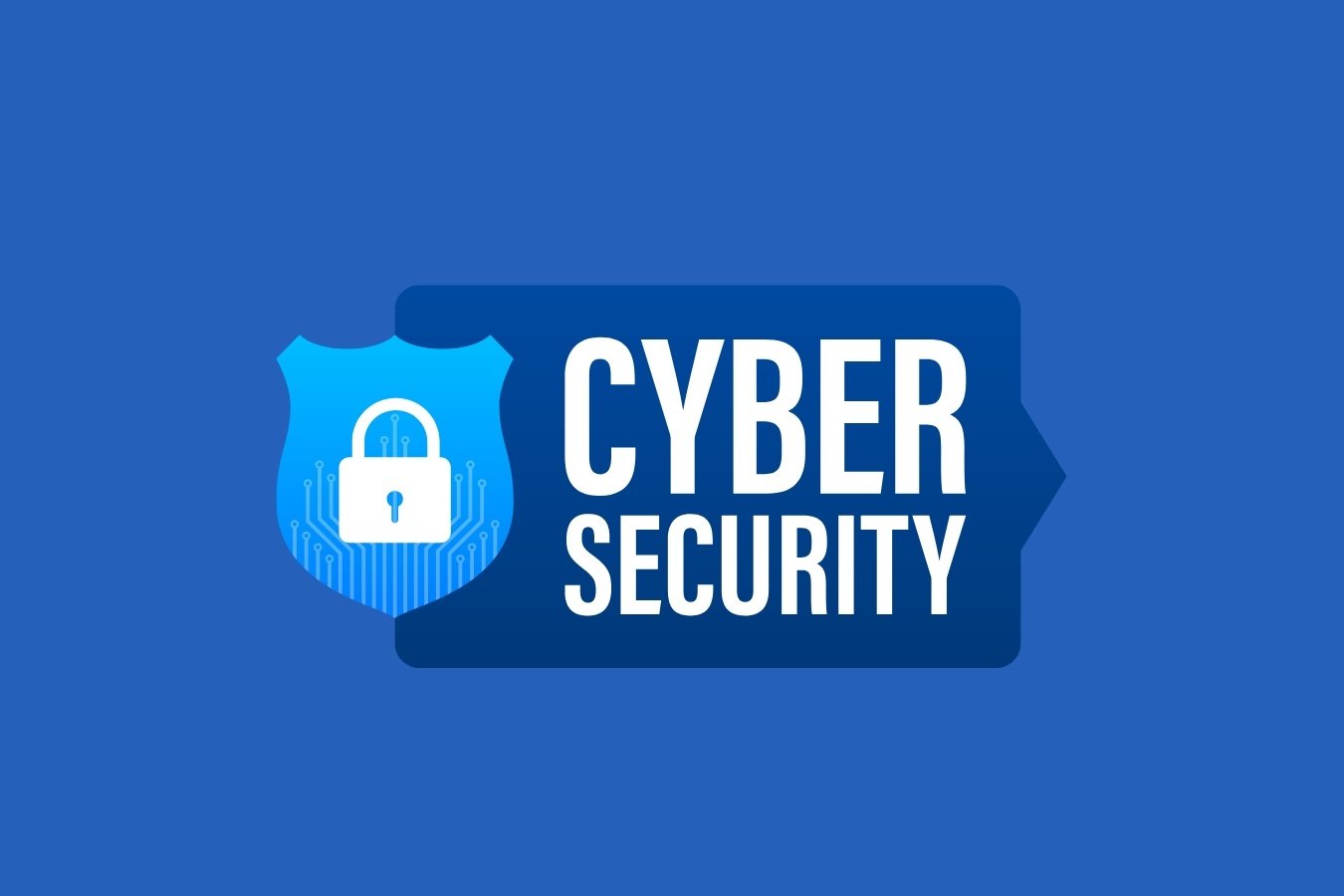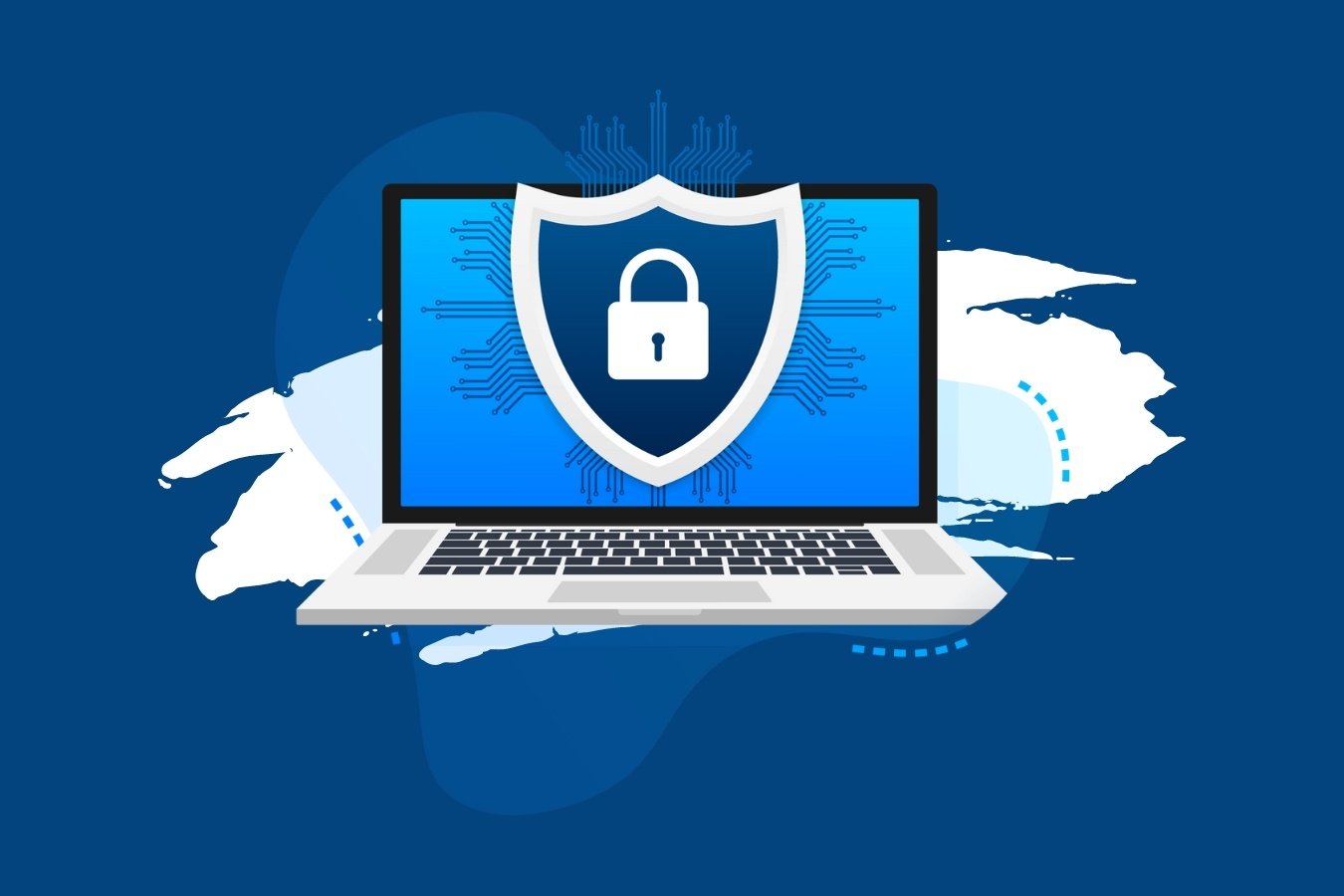1 min read
The High Stakes of Cybersecurity for ISPs: It’s Not Just About Data
In today’s interconnected world, the risks faced by Internet Service Providers (ISPs) extend far beyond the protection of customer data. While...
2 min read
 Dawn Rorick
:
Jun 11, 2024
Dawn Rorick
:
Jun 11, 2024

In the digital age, data is the new currency, and Internet Service Providers (ISPs) are its custodians. With great power comes great responsibility, and in the case of ISPs this responsibility extends to complying with a complex web of cybersecurity regulations. Non-compliance isn’t just a legal risk – it can lead to financial ruin, damage to your reputation, and erode customer trust. Let’s take a tour through the regulatory landscape and uncover the key regulations that every ISP needs to have on their radar.
The General Data Protection Regulation (GDPR), enacted by the European Union in 2018, is arguably the most comprehensive and far-reaching data protection law in the world. It applies to any organization that processes the personal data of EU residents, regardless of where the company is located. This means that even if your ISP operates outside of Europe, if you have customers in the EU, you’re subject to GDPR.
GDPR mandates strict rules for how personal data is collected, processed, stored, and shared. It grants individuals extensive rights over their data, including the right to access, rectify, and erase their information. Non-compliance can lead to crippling fines of up to 4% of annual global turnover or €20 million, whichever is greater. But beyond the financial penalties, GDPR violations can also result in reputational damage and loss of customer trust.
The California Consumer Privacy Act (CCPA) is another landmark privacy law that significantly impacts ISPs, particularly those operating in California or serving Californian residents. CCPA grants consumers broad rights over their personal information, including the right to know what data is being collected, the right to delete it, and the right to opt-out of its sale.
While CCPA’s scope might seem limited to California, its influence is far-reaching. It has spurred other states to enact similar privacy laws, and its impact is felt globally as companies strive to align their data practices with this stringent standard. Non-compliance with CCPA can result in substantial fines and legal action.
Data Protection Act (DPA) and PIPEDA: UK and Canadian Regulations
ISPs operating in the UK must adhere to the Data Protection Act (DPA), while those in Canada are subject to the Personal Information Protection and Electronic Documents Act (PIPEDA). These laws establish guidelines for collecting, using, and disclosing personal information. They require organizations to implement appropriate security measures to protect this data and give individuals rights to access and correct their information.
In the United States the Federal Communications Commission (FCC) enforces regulations under the Telecommunications Act, which governs the privacy and security of customer proprietary network information (CPNI). CPNI includes sensitive data like call records, billing information, and service usage details. ISPs must obtain customer consent before using or disclosing CPNI for marketing purposes, and implement safeguards to protect it from unauthorized access.
Beyond specific regulations, various cybersecurity frameworks provide valuable guidance for ISPs to enhance their security posture. The National Institute of Standards and Technology (NIST) Cybersecurity Framework offers a comprehensive set of standards, guidelines, and best practices for managing and reducing cybersecurity risk. The ISO/IEC 27001 standard, on the other hand, provides a framework for establishing, implementing, maintaining, and continually improving an information security management system (ISMS).
In our next blog post, we’ll delve into the best practices that ISPs can adopt to bolster their information security.


1 min read
In today’s interconnected world, the risks faced by Internet Service Providers (ISPs) extend far beyond the protection of customer data. While...

AI governance is becoming a critical focus for every broadband provider. Regulations are changing, customer expectations are rising, and the volume...

Government broadband funding, like the BEAD program, is a critical step in closing the digital divide. But with funding comes responsibility—...